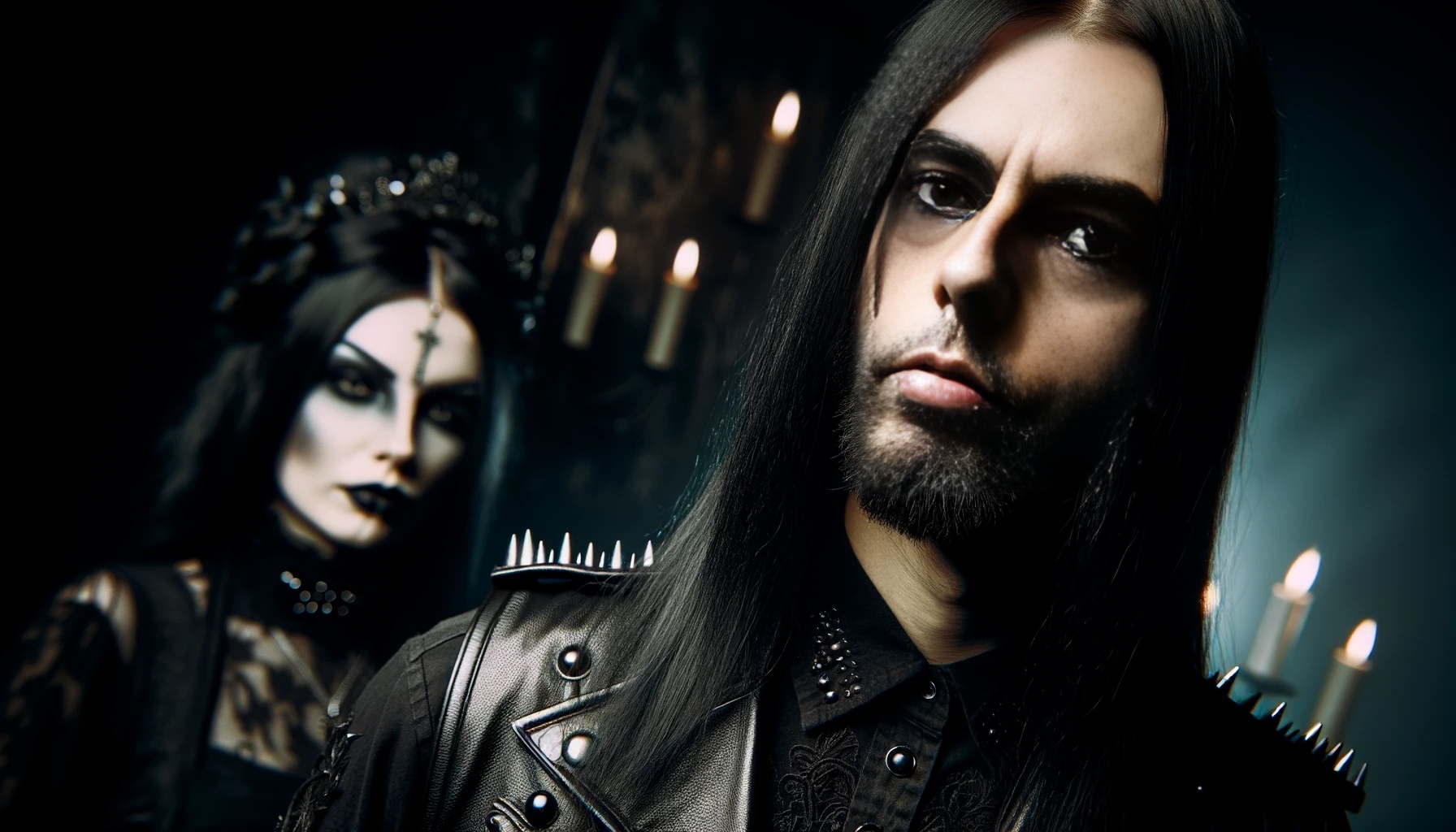In an era where rebellion has become a commodity, metalheads stand out as the last true rebels in music. While mainstream trends shift with the whims of popular culture, metalheads remain steadfast, rejecting commercialization and embracing a lifestyle that is unapologetically authentic. From the raw energy of the music to the distinctive fashion and unyielding attitudes, metalheads embody a form of rebellion that is rare in today’s world. This blog post delves into why metalheads are the true rebels, resisting mainstream trends and commercialization with unwavering dedication.

The Spirit of Rebellion
To understand why metalheads are the true rebels, it’s essential to grasp the spirit of rebellion inherent in metal music. Born out of the counterculture movements of the 1960s and 1970s, metal was a response to the growing dissatisfaction with societal norms. Bands like Black Sabbath, Led Zeppelin, and Deep Purple laid the foundation for a genre that would become synonymous with defiance and nonconformity.
Metal music is characterized by its aggressive sound, powerful lyrics, and intense performances. It’s a genre that doesn’t shy away from addressing taboo topics, challenging authority, and pushing the boundaries of what is socially acceptable. This rebellious spirit is not just limited to the music itself but extends to the entire lifestyle embraced by metalheads.
Rejecting Mainstream Trends
One of the key aspects that set metalheads apart as true rebels is their rejection of mainstream trends. In a world where pop culture dictates fashion, music, and even attitudes, metalheads proudly stand outside the norm. They refuse to conform to the ever-changing standards of what is considered “cool” by society.
While mainstream music often prioritizes catchy hooks and commercial appeal, metal music prioritizes authenticity and artistic integrity. Metal bands are not afraid to experiment with complex song structures, unconventional time signatures, and thought-provoking lyrics. This dedication to their craft often means that metal bands do not achieve the same level of commercial success as their mainstream counterparts, but it also means they retain their artistic freedom and integrity.

The Metalhead Lifestyle
Being a metalhead is more than just a musical preference; it’s a lifestyle. Metalheads are known for their distinctive fashion, which often includes band t-shirts, leather jackets, denim, and a lot of black. This style is not just about aesthetics; it’s a visual representation of their defiance and commitment to the metal subculture.
Metalheads also embrace a sense of community that is rare in other music scenes. The camaraderie at metal concerts, festivals, and gatherings is palpable. There’s a mutual respect and understanding among metalheads that goes beyond the music. It’s a bond forged through shared experiences and a collective rejection of mainstream norms.
Metalheads vs. Commercialization
In today’s music industry, commercialization is rampant. Many artists are more concerned with chart-topping hits and brand endorsements than with creating meaningful music. Metalheads, however, remain resistant to this trend. They value authenticity over popularity and are quick to call out any attempts to commercialize their beloved genre.
This resistance to commercialization is evident in the way metal bands operate. Many metal bands choose to remain independent or sign with smaller, independent labels rather than major record companies. This allows them to retain creative control over their music and avoid the pressures of producing commercially viable hits.
The Evolution of Metal
Despite its resistance to commercialization, metal is not a stagnant genre. It has evolved over the decades, giving rise to various subgenres, each with its unique sound and style. From the thrash metal of the 1980s to the death metal and black metal of the 1990s, and the more recent emergence of genres like metalcore and djent, metal continues to push the boundaries of what is musically possible.
This evolution is a testament to the genre’s resilience and adaptability. Metalheads are not afraid to explore new sounds and ideas, but they do so on their terms, without succumbing to mainstream pressures. This constant innovation ensures that metal remains a vibrant and relevant genre, even as it resists commercialization.

Metalheads and Society
Metalheads often face misconceptions and stereotypes from society. They are sometimes viewed as aggressive, anti-social, or even dangerous. However, these stereotypes are far from the truth. Metalheads are a diverse group of individuals who come from all walks of life. They are doctors, teachers, engineers, artists, and more. What unites them is their love for metal music and their rejection of societal norms.
In fact, studies have shown that metalheads are often more well-adjusted and happier than their non-metal counterparts. The cathartic nature of metal music provides an outlet for expressing emotions and dealing with life’s challenges. The sense of community and belonging that comes with being a part of the metal scene also contributes to the overall well-being of metalheads.
The Future of Metal
As we look to the future, it’s clear that metalheads will continue to be the true rebels of the music world. While mainstream trends will come and go, metalheads will remain dedicated to their music and lifestyle. They will continue to reject commercialization, prioritize authenticity, and push the boundaries of what is musically possible.
The rise of digital platforms and social media has also given metal bands new avenues to reach their audience without relying on traditional commercial channels. This has empowered metalheads to discover and support independent bands from around the world, further strengthening the global metal community.

Conclusion
In an era where rebellion is often commercialized and packaged for mass consumption, metalheads stand out as the last true rebels in music. Their unwavering dedication to authenticity, rejection of mainstream trends, and resistance to commercialization make them a unique and vital part of the music landscape. Metalheads are not just fans of a genre; they are a community of individuals who live and breathe the spirit of rebellion.
As long as there are metalheads, there will always be a place for true rebellion in music. Their commitment to pushing boundaries, challenging norms, and staying true to themselves ensures that metal will continue to thrive, evolve, and inspire future generations of rebels.
For more insights and updates, visit Home Page and connect with me on all my social media platforms on social media.
Follow me on social media


